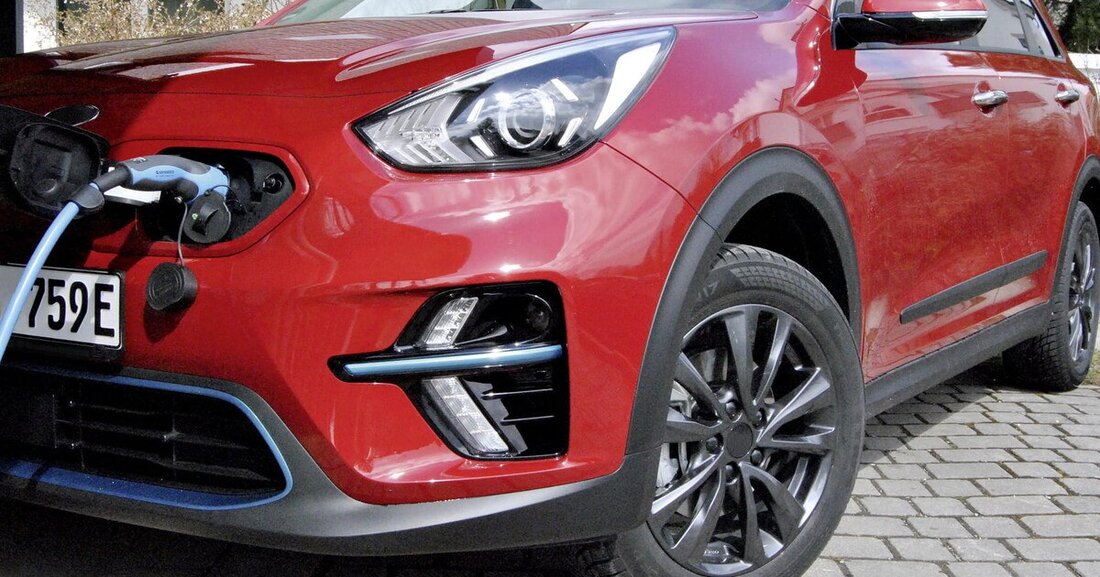The best tires for electric cars
Electric car manufacturers equip their models with tires that are specifically optimized for low rolling resistance. The experts at TÜV SÜD also recommend such tires if replacements are needed.

The best tires for electric cars
Some electric vehicles came or still have unusually narrow and large wheels. According to TÜV SÜD's findings, the trend here, too, is moving towards standard sizes, as is the case with cars with combustion engines. This is particularly true for hybrid models. But these tires, which tend to be wider, are usually optimized specifically for use with electric drives and the corresponding range. “Owners of purely electric cars in particular are well advised to use the corresponding types of original equipment when buying new tires,” says Lars Netsch, tire expert at TÜV SÜD. “In this way, there is no conflict of objectives between safety and environmental compatibility.”
Advice recommended
Since tires for electric cars hardly differ externally from those of the same size for combustion engines, you have to look for special markings, as are already common for tires produced specifically according to manufacturer requirements. “Good advice from a tire dealer or a specialist workshop is therefore very important,” says Netsch. Beyond the recommendation, however, there is no legally defined obligation to repurchase the rubber that was specially developed for electric cars or even those that were installed ex works. “As long as it is an approved and type-approved dimension, the load capacity is sufficient and the maximum speed is correct, any make and type is permitted,” explains the expert. Under certain conditions, winter tires can even be used with a lower so-called speed index.
Advantages of e-tires
The E-types clearly have advantages, especially in the city and in moderately fast intercity traffic. According to the tire manufacturers, the lower rolling resistance can result in up to 8 percent greater range. The developers are also working on another criterion. “E-tires should roll more quietly,” says Lars Netsch. “This is due to the fact that electric cars produce less noise than those with combustion engines.” Rolling noises would therefore be perceived as more disturbing in the interior and in the surrounding area. In addition, the tires usually also have to carry high loads. Electric vehicles are usually heavier than corresponding models with combustion engines. So-called high-load tires are currently coming onto the market, which were developed specifically for cars such as heavy hybrid SUVs and are now also standardized in the technical standards.
Higher wear and tear
Many electric vehicle owners notice faster tire wear. However, this is not due to them themselves. Rather, the high torque of electric motors when starting and accelerating, even at low speeds, is responsible for this. Some electric vehicles also go into recuperation immediately when the driver takes their foot off the accelerator pedal. However, this intentional energy recovery creates a braking effect, which also causes more wear. That's why the expert from TÜV SÜD recommends taking a look at the tread depth more often: "This is especially true when driving with all-season tires. This eliminates the need to change the tires twice a year, when the condition of the tires inevitably becomes apparent."

 Suche
Suche
 Mein Konto
Mein Konto